The study completed by Hatch is based on existing infrastructure to process battery waste from 16,000 electric vehicles. Incremental capital costs to modify the flow-sheet to treat “black mass” from end-of-life electric vehicle batteries is substantially lower than a greenfield project.
There are few environmentally friendly options to recycle end of life batteries in Europe given the capital expenditure required and the permitting timeline associated with building a hydrometallurgical facility such as ours, giving Altilium Metals a first mover advantage.[/vc_column_text][/vc_column][/vc_row][vc_row][vc_column][dt_vc_list dividers=”false”]Highlights include:
- Its battery recycling circuit would be integrated into its copper tailings leaching refinery and will process 8,000 MT of “black mass” per year.
- Production of 3,000 MT per year of a Mixed Hydroxide Precipitate of Nickel, Cobalt and Manganese and 1,900 MT per year of Lithium Sulphate commencing Q2 2023
- The company’s hydrometallurgical refinery is expected to provide higher yields at a lower cost and at significantly lower energy intensity, compared to traditional pyrometallurgical facilities;
- Closed-loop recycling of lithium-ion batteries will serve the electric vehicle market in Europe
Future steps will consider additional equipment required to take all material streams to battery-grade precursors and introduction of proprietary technology to directly produce cathode active materials from black mass.
Discussions are underway with several producers of black mass as well as off-takers of the battery intermediary metals.
Get in touch
Building the recycling infrastructure needed for net-zero requires a collaborative approach.

